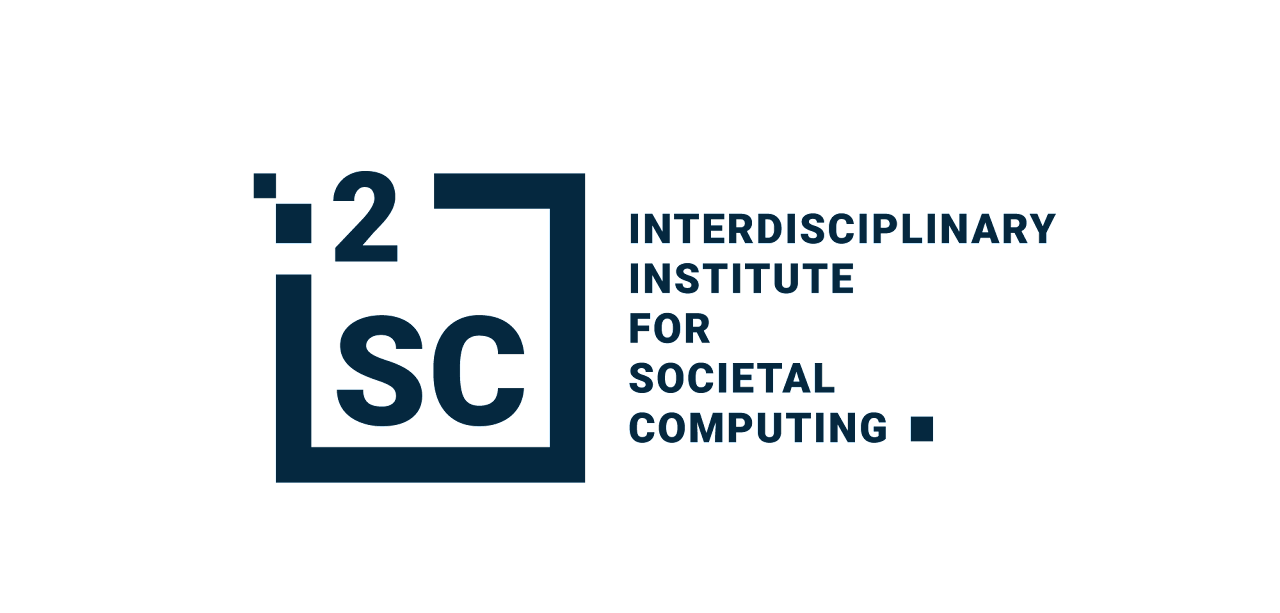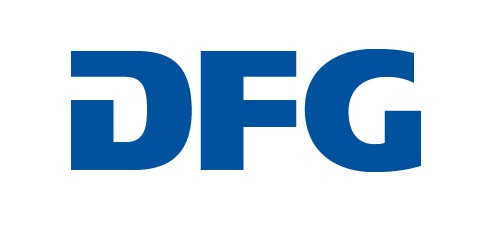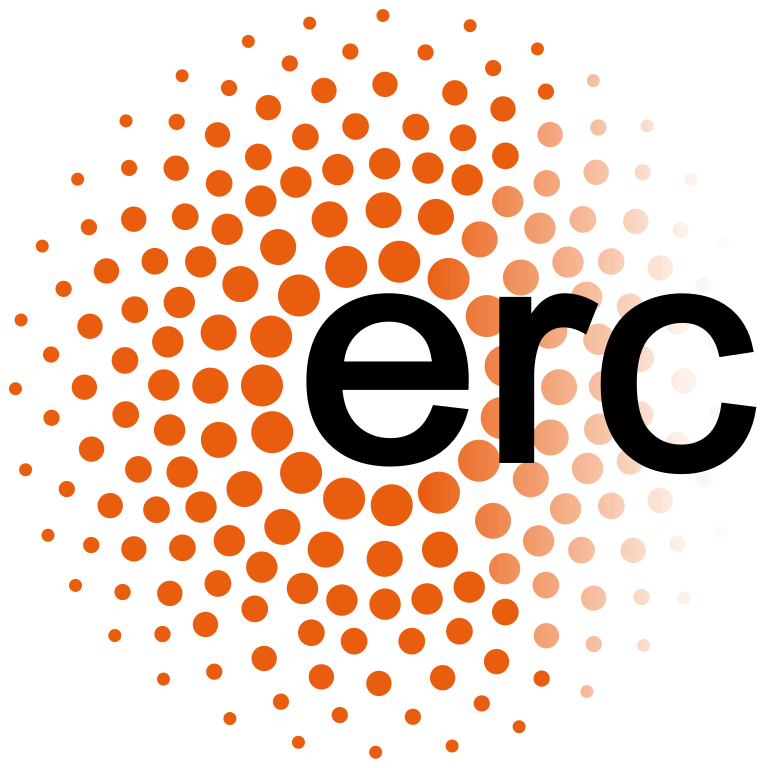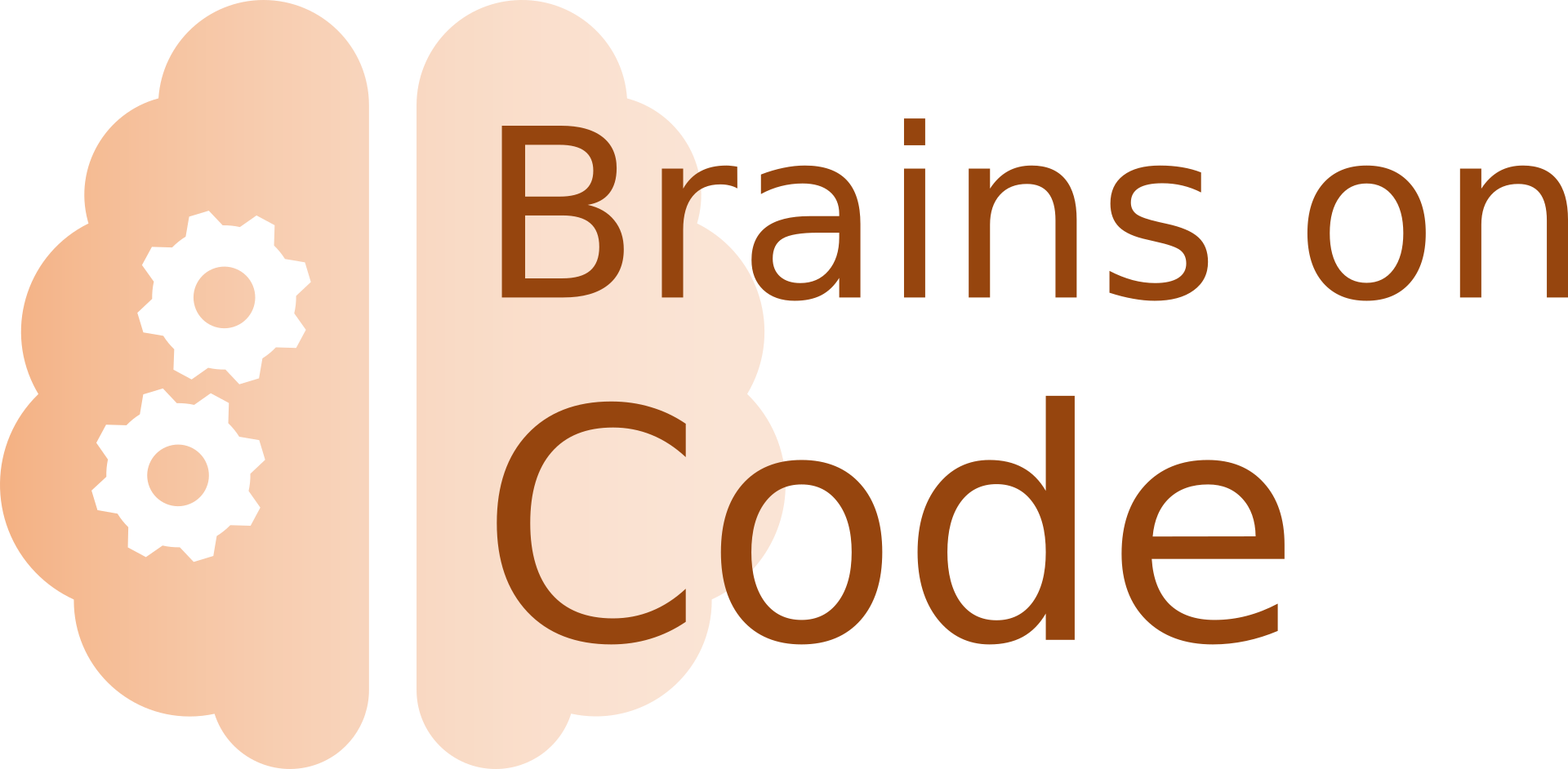Research projects and cooperations in Computer Science

In the third-party funded projects and research cooperations in the focus area “Computer Science” and at the Saarland Informatics Campus, scientists at the UdS conduct research on about 30 topics. Starting with Theoretical Computer Science, Formal Methods, Algorithms and Complexity, over Artificial Intelligence, Machine Learning, Computational Linguistics up to Embedded Systems and Language Processing.
Below we have compiled a selection of currently running research projects and cooperations in the field of computer science.

Interdisciplinary Institute for Societal Computing (I2SC)
The Interdisciplinary Institute for Societal Computing (I2SC) promotes interdisciplinary research at Saarland University and provides a platform for exchange between social sciences, humanities and computer sciences. Founded in 2023, it is headed by Ingmar Weber, Alexander von Humboldt Professor of Artificial Intelligence, and Daniela Braun, Professor of Political Science.
The research work of the institute is divided into two main areas: Computing of Society and Computing for Society. The first focus area concentrates on the use of computer-based methods to explore social phenomena. The second focus is on using these methods to develop approaches to improve social coexistence.
The I2SC sets out to create research with impact that radiates within academia and beyond by forging partnerships with a diverse set of actors on the ground such as civil society organizations, businesses, and governments.

German Research Foundation (DFG)
Two Collaborative Research Centers (CRC), one of which is a so-called Transregio in which several universities work closely together, as well as a Graduate School are located in the Computer Science and Saarland Informatics Campus (SIC).
Collaborative Research Centers (CRC)

- Project lead: Prof. Dr. Holger Herrmanns (Dependable Systems and Software)
- Funding period: since 2019
- Speaker University: Saarland University
Whether in autonomous vehicles or Industry 4.0, in the smart home or in the smart cities of the future - computer programs are increasingly involved in activities and decisions that directly affect humans. However, our understanding of how such complex systems interact and which reasons lead to which decisions is completely inadequate. Systems lack mechanisms to make their own behavior plausible. Consistently comprehensible systems thus represent a scientific challenge that has so far remained largely unsolved. The Collaborative Research Center addresses this challenge and lays the foundations for computer-based systems of the future that explain their functionality and behavior.

- Project lead: Prof. Dr. Elke Teich (English Linguistics and Translation Studies)
- Funding period: since 2014
Variation in the language system is usually associated with the concept of complexity. However, this turns out to be insufficiently precise for adequate modeling of linguistic processes. Recent linguistic research indicates a correlation between complexity in processing and contextually determined predictability. This suggests that complexity can be adequately represented by Shannon's notion of information, here referred to as "surprisal". The Collaborative Research Center pursues the hypothesis that processing complexity is reflected by surprisal and that variation in language use can be characterized by optimal information distribution over a linguistic signal. Speakers exploit the available linguistic variation in their encodings by modulating the sequence, density, and specificity of an expression. The Collaborative Research Center investigates to what degree surprisal and related information-theoretic concepts can provide an explanation for the observed patterns of variation at different linguistic levels and in the interplay between levels.
Other DFG funded projects
- Project lead: Prof. Dr. Alexander Koller (Computational Linguistics)
- Funding period: 2023–2028
At the new Research Training Group “Neuroexplicit Models of Language, Vision, and Action”, scientists aim to develop systematic foundations for the approach that experts also refer to as the “third wave” of artificial intelligence – so-called “neuroexplicit models”. These combine the best of previous AI approaches into a whole that should become safer, more reliable and easier to understand. Participating in the research network at Saarland Informatics Campus are the departments of computer science and mathematics as well as linguistics and language technology at Saarland University, the German Research Center for Artificial Intelligence, and the Max Planck Institutes for Computer Science and for Software Systems. The nearby CISPA Helmholtz Center for Information Security is also a project partner. “Our research training group is the first research institution on neuroexplicit models in Europe. We are thus pioneers because interest in the topic is growing rapidly in international expert circles,” says Alexander Koller, Professor of Computational Linguistics at Saarland University and spokesperson for the new Research Training Group.
- Project lead: Prof. Dr. Michel Hahn (Computerlinguistik)
- Funding period: 2025–2031
- Funding sum: 1.4 Mio. €
Large language models such as ChatGPT generate impressive texts, but fail at logical tasks that are trivial for humans. Professor Michael Hahn sees the problem in the transformer architecture: neural networks mimic associative thinking, but cannot think logically in a systematic way.
With his Emmy Noether Group, Michael Hahn is investigating the theoretical foundations of transformer architecture. The goal is to specifically modify the structure and develop AI assistants that can not only generate texts but also argue logically and correctly.

European Commission (ERCs)
The following research projects in the Computer Science focus area are funded by the European Commission and coordinated by Saarland University and the other research institutions involved in the Saarland Informatics Campus (SIC). This also includes the various grants from the European Research Council (ERC).
ERC Advanced Grant
- Project lead: Prof. Dr. Laurent Bartholdi (Mathematics and Computer Science)
- Funding period: 2023–2028
This project lies at the intersection of complex and symbolic dynamics, group theory, decision problems, and computation. It aims to solve important problems in each of these areas using automatic actions and relations. Finite state machines, ubiquitous in theoretical computer science, will be used to define self-similar mathematical objects and develop efficient algorithms to handle them.

ERC Advanced Grant
- Project lead: Prof. Dr. Sven Apel (Software Engineering)
- Funding period: 2022–2027
Research on program comprehension has a fundamental limitation: program comprehension is a cognitive process that cannot be directly observed, which leaves considerable room for misinterpretation, uncertainty, and confounders. In Brains On Code, we are developing a neuroscientific foundation of program comprehension. Instead of merely observing whether there is a difference regarding program comprehension (e.g., between two programming methods), we aim at precisely and reliably determining the key factors that cause the difference. This is especially challenging as humans are the subjects of study, and inter-personal variance and other confounding factors obfuscate the results.
The key idea of Brains On Code is to leverage established methods from cognitive neuroscience to obtain insights into the underlying processes and influential factors of program comprehension. Brains On Code pursues a multimodal approach that integrates different neuro-physiological measures as well as a cognitive computational modeling approach to establish the theoretical foundation. This way, Brains On Code lays the foundations of measuring and modeling program comprehension and offers substantial feedback for programming methodology, language design, and education. With Brains On Code, addressing longstanding foundational questions such as “How can we reliably measure program comprehension?”, “What makes a program hard to understand?”, and “What skills should programmers have?” comes into reach. Brains On Code does not only help answer these questions, but also provides an outline for applying the methodology beyond program code (models, specifications, requirements, etc.).
ERC Starting Grant
Project leader: Vera Demberg
Funding period: 2021-2026
Humans adapt the content and form of their utterances to different interlocutors (students vs. colleagues vs. granny), and monitor the level of understanding in their conversational partner. Today's NLP systems are however largely blind with respect to individual variation in language comprehension, which in turn leads to misunderstandings and lack of naturalness in the interaction.
The vision of project IDDISC is to enable individualized language interaction with computer systems, such that information or explanations generated by a system will fit the user and the situation, by explicitly modelling their state of understanding. This project will break new ground by addressing individual differences in comprehension at the pragmatics and discourse level, i.e. with respect to the inferred meaning that goes beyond the literal meaning of an utterance.
This project will make it possible to reduce the risk of misunderstandings, and enable adaptation of automatically generated language (e.g., explanations, summaries) to specific users. The new statistical methods and crowd-sourcing paradigms developed as part of this project will open the door to other researchers for investigating individual differences in all areas of language processing.
ERC Starting Grant
- Project lead: Prof. Isabel Valera (Machine Learning)
- Funding period: 2023–2027
To date, the design of ethical machine learning (ML) algorithms has been dominated by technology owners and remains broadly criticized for strategically seeking to avoid legally enforceable restrictions. In order to foster trust in ML technologies, society demands technology designers to deeply engage all relevant stakeholders in the ML development. This ERC project aims at responding to this call with a society-aware approach to ML (SAML). Our goal is to enable the collaborative design of ML algorithms so that they are not only driven by economic interests of the technology owners but are agreed upon by all stakeholders, and ultimately, trusted by society. To this end, we aim to develop multi-party ML algorithms that explicitly account for the goals of different stakeholders—i.e., owners, those experts that design the algorithm (e.g., technology companies); consumers, those that are affected by the algorithm (e.g., users); and regulators, those experts who set the regulatory framework for their use (e.g., policymakers).
ERC Advanced Grant
- Project lead: Prof. Dr. Andreas Zeller (Software Engineering)
- Coordinator: CISPA Helmholtz-Zentrum für Informationssicherheit
- Funding period: 2023–2028
In this project, funded by the European Research Council with an Advanced Grant, Prof. Dr. Andreas Zeller and his team are developing software bots that automatically test, debug and monitor software systems – all kinds of systems, anywhere, anytime.
Federal Ministries
The following research projects in the Computer Science focus area and at the Saarland Informatics Campus (SIC) are currently funded by various federal ministries.
Other funders
Daimler and Benz Foundation | Ladenburg Research Network
- Involved chair: Prof. Dr. Dominik Brodowski (Europeanization, Internationalization and Digital Transformation of Criminal Law and Criminal Procedure)
- Funding period: 2025-2027
The opportunities of modern software technologies for the legal system are being investigated in a new research network of the Daimler and Benz Foundation. The so-called ‘Ladenburg Research Network’ is focussing on large language models and their significance for the justice system. Dominik Brodowski, Professor of Criminal Law and Digitalisation at Saarland University, is also involved in the joint project.
